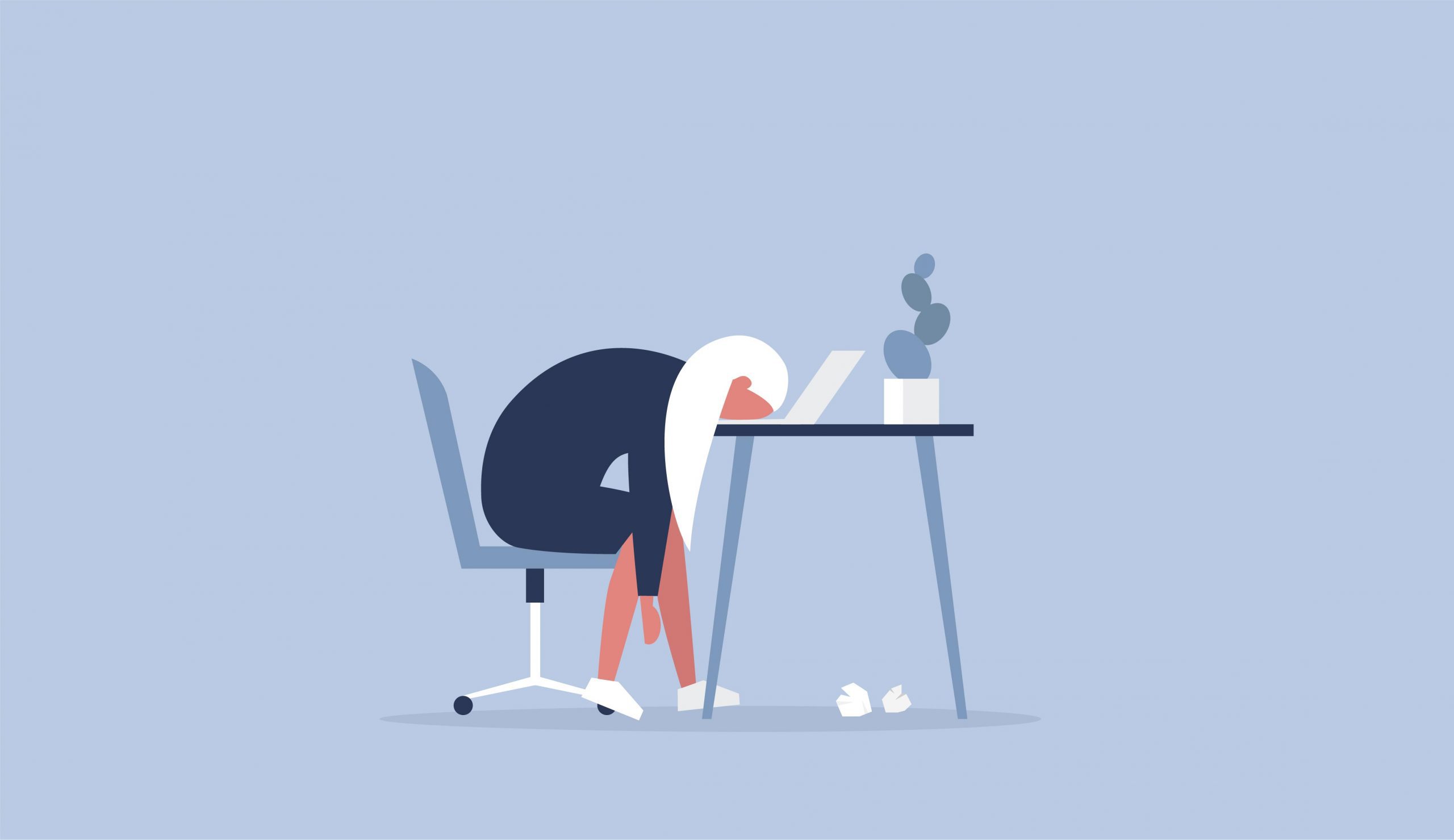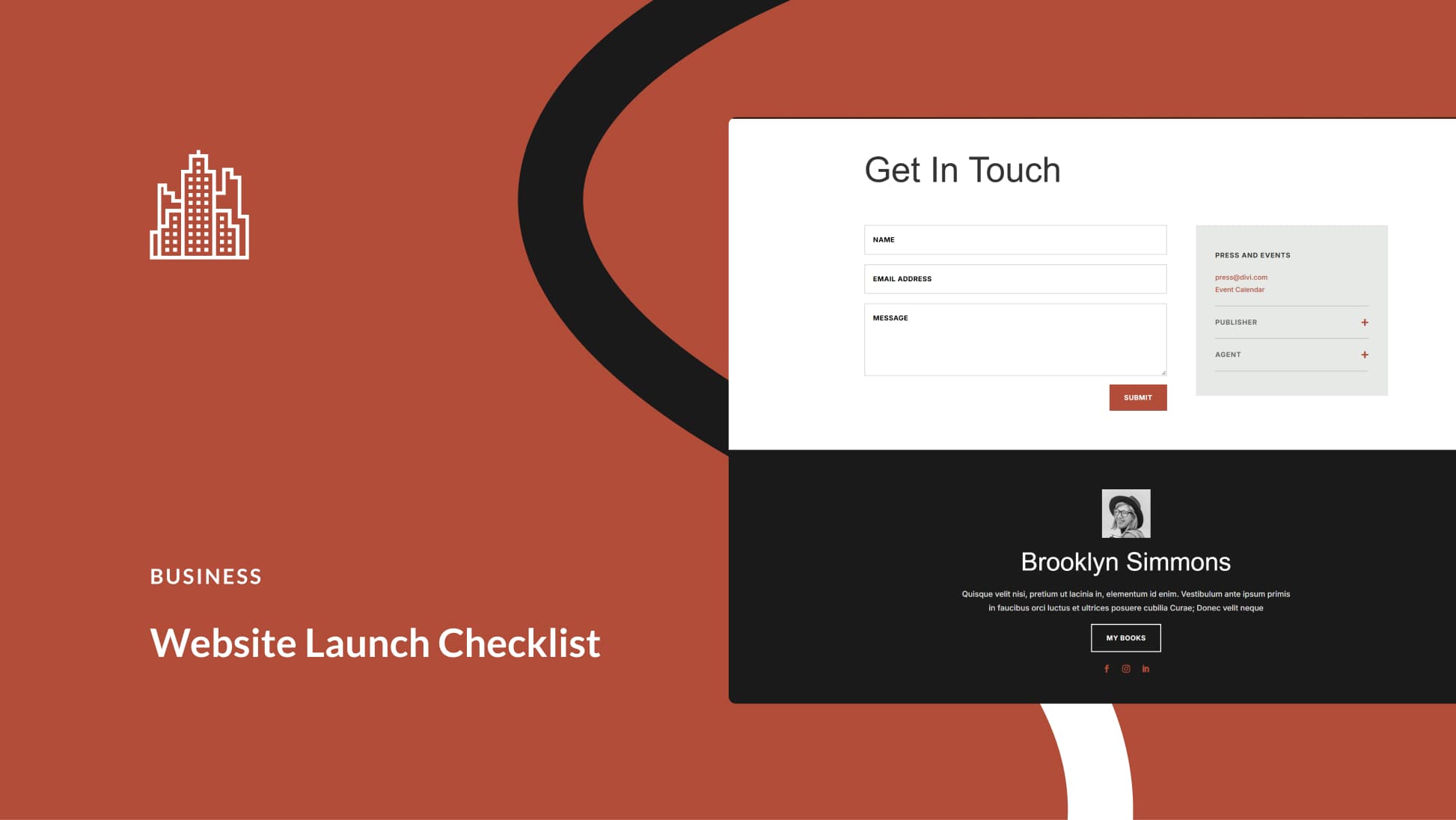You may have experienced occupational burnout if you:
- Felt depleted of energy or exhausted when thinking of going to work
- Mentally distanced yourself from your work, or felt cynical or negative toward your job
- Felt ineffective, unsupported, or inefficient in your role
If so, you’re not alone. A Gallup study of 7,500 workers concluded that 23% of employees reported feeling burned out at work very often or always, while an additional 44% reported feeling burned out sometimes. That’s nearly two-thirds of the workforce.
The World Health Organization (WHO) classifies burnout as an occupational phenomenon, not a medical condition, and defines burnout as “a syndrome conceptualized as resulting from chronic workplace stress that has not been successfully managed” which presents as one or more of the symptoms noted above.
So how do you know if you’re heading toward burnout, and what can you do to avoid it? This article will identify what makes burnout different from job stress or depression. It will also delve into the ways burnout shows up on the job, its causes, and ways to manage it.
Stress vs. Burnout vs. Depression
Stress
If you think of job stress as a spectrum, on one end there is manageable stress. An extra long work day, and unexpected emergency or system problem are some examples. Easily managed in the short term, you have plenty of time to recover and resume normal working conditions.
Burnout
Burnout is further down the spectrum and occurs when prolonged or chronic conditions go unaddressed, for example:
- Unmanageable workload – “Do more, do it faster, and don’t complain” is an ingrained American work mantra, but it’s an unhealthy one. Taking on more than we can reasonably handle is at the top of the burnout list.
- Perfectionist personality – If your inner dialogue consistently tells you “it’s not good enough,” this creates a cycle of self-criticism and unrealistic standards. Fear of failure is mentally exhausting.
- Unreasonable time pressure – If you miss one deadline, you’re by default behind on the next. This quickening pressure can overwhelm, leading to feelings of hopelessness to the point where giving up looks like the best solution.
- Lack of support – If we feel ignored or unsupported in our work, it can feel like the work we do doesn’t matter. If we don’t have the right social support outside of work, there’s no outlet for letting off steam.
- Work-Life imbalance – Remote work is more common now than it has ever been, making it difficult to “leave it at the office.” If we’re always working, we’re not reflecting or recovering.
- Doing work that doesn’t resonate – If you make widgets, but you feel most fulfilled baking cakes, chances are making widgets will eventually feel pointless.
Depression
Depression is different from burnout in its reach of exhaustion, mental shutdown and feelings of hopelessness that go along with it. As indicated in the WHO definition, burnout is generally isolated to a specific situation like work or work-like responsibility. Depression permeates every aspect of life to the point where even the things that used to bring you joy are now met with lethargy, cynicism and negativity. Depression is a medical condition that requires assistance from a mental health professional.
If you think you may be suffering from depression, contact your primary health care provider for assistance, or check out the NIMH Help for Mental Illnesses webpage.
Heading Toward Burnout or Already There?
Aside from the indicators we’ve mentioned, burnout symptoms can present in other ways, including:
- Lack of concentration
- Headaches, stomach problems such as acid reflux, high blood pressure, unexplained body aches or just constantly feeling sick
- Regular use of drugs or alcohol to “take the edge off” or mentally escape
- Over-or under-eating
- Sleeping too much or insomnia
- Unexplained lashing out at friends and family
If you’ve heard the phrase “our issues are in our tissues,” burnout is a prime example of this concept. External impacts on our life have internal consequences for our bodies. Identifying root causes of mental and emotional distress is vital to treating physical issues and managing our well being.
Addressing and Managing Burnout
Whatever burnout conditions show up on your list, here are some tools to address and manage them:
- Take time out – This sounds like the simplest, most logical place to start, but with a “no vacation nation” mentality in the U.S., 54% of workers report feeling guilty about taking vacation time. If you work freelance, are an entrepreneur or work on a contract basis, there can be even more pressure to keep working through exhaustion. Recommendation: no matter your role, you’ve earned and require time off, so take it.
- Talk to someone – Talking to a trusted friend, family member or therapist is a useful way to explore how you got here and what you can do differently to avoid burnout down the road.
- Review your priorities and options – Review what really matters to you and the options, tools and resources available to help you pursue those priorities. If you establish better communication with your boss, ask for more support, or let go of perfectionist behavior, you can avoid burnout going forward. Or go deeper: you could realize your energy is better spent in a different group, role or industry.
- Set boundaries – Setting boundaries means establishing the limits we find acceptable in the behaviors of others toward us, which helps us recognize that feeling good about ourselves is not dependent on others’ feelings toward us. This process requires a certain level of emotional intelligence. Employing both together can be a powerful, and often life-altering process.
- Take care of yourself – Those physical symptoms of burnout that we mentioned before? Are they still present now that you’ve had time away from the conditions that caused them? If so, talk to a health professional to uncover the underlying cause, and employ lifestyle changes to address them.
Conclusion
If you feel burned out, but not by your job, that feeling is still valid.
In his 1974 book Burnout: The High Cost of High Achievement, Herbert Freudenberger defined burnout as “the extinction of motivation or incentive, especially where one’s devotion to a cause or relationship fails to produce the desired result.” Under this definition, Anyone who feels overworked and undervalued is at risk for burnout. Parenting, caring for sick relative, or managing social clubs and groups can lead to their own kind of burnout. These can also present all of the same symptoms we’ve explored here. The tools for managing and addressing them also apply.
Awareness of detrimental personal behaviors and boundary breaching allows us to recognize and address the underlying causes of those events. Managing those scenarios means burnout is not inevitable, it’s avoidable.
If you’ve ever felt burned out, what did your experience look like, and how did you manage it? Tell us in the comments!
Featured Image via Nadia Snopek / shutterstock.com









I was exactly reading on how to handle “burnout” and came across your blog. That to so recent.
Now let me ask you few things.
After this Covid 19 attack the start up entrepreneurs have to face lot of challenges. Cash management, productivity among team has gone down etc. This leads to stress of burnout among them of certain days. Does burnout translate to more anger and getting rude? For me listening music of my choice cools me down. How the control these moments of emotional outburst and getting angry.
That’s great that you find music a calming resource! Yes, I do think anger and rudeness can be outward signs of burnout. If this occurs, or seems that it will very soon, I’d recommend taking a time out and talking to someone as noted in this article. While anger is a very natural, human emotion that we are all entitled to, we want to be careful in how we express ourselves so that we don’t damage relationships. Taking a few minutes to take a few deep breaths, count to ten, and center yourself can put you in a better position to examine exactly why your emotions have taken over. Once you feel you can express yourself calmly and clearly, find a trusted colleague to talk it out with.
I completely understand this frustration! My opinion is, it is all about the work environment. If you are stuck at a desk all day it might be hard to get out of a rut.
I agree that the environment has a lot to do with it! I find it helpful to schedule regular breaks away from my desk to take a walk, have a snack, or just find another space and take a few breaths. Have you tried similar tactics or something else?